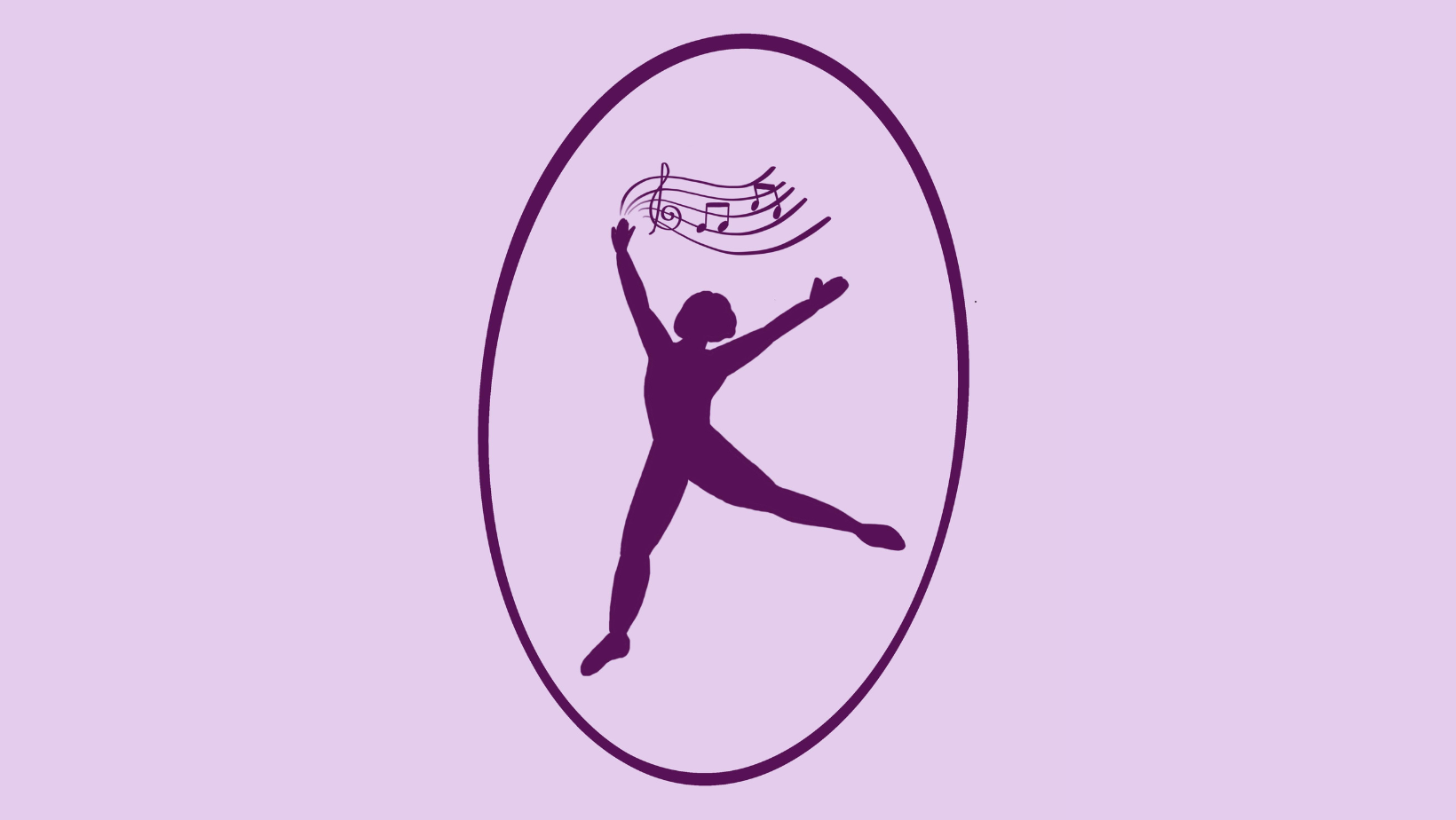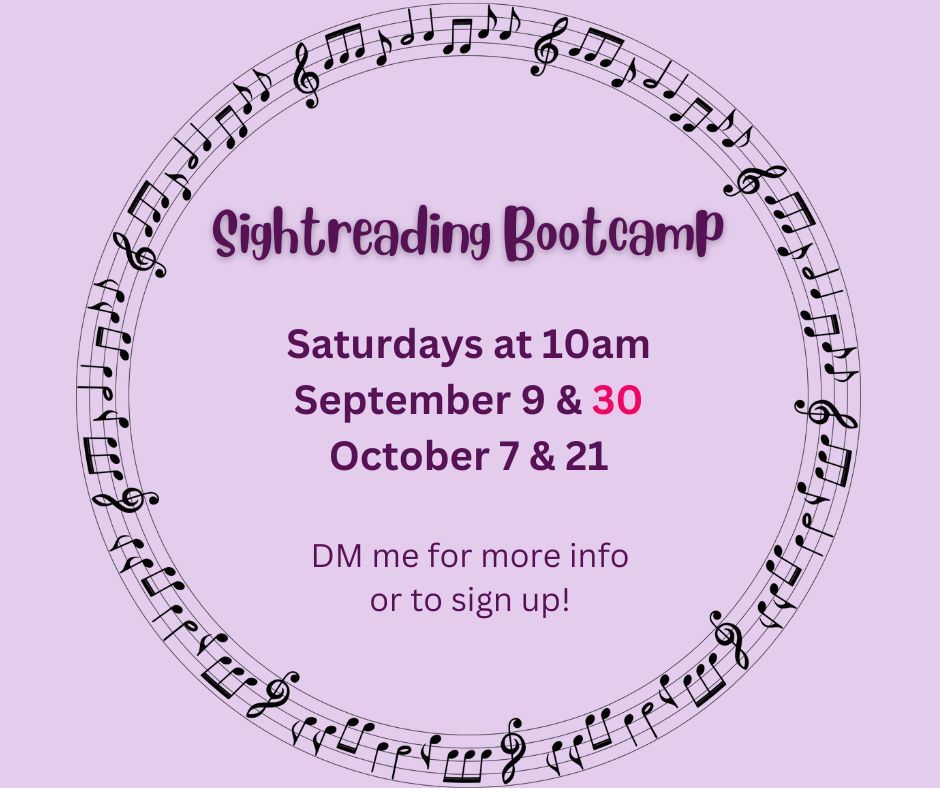We had a wonderful fall semester at The Whole Performer Studio! Many students were involved in the RHS production of All Shook Up, which was an exciting and energizing show. I certainly enjoyed the powerful singing and joyful dancing, and I constantly scanned the stage to spot my students. In preparation for All-State Chorus Auditions, the Whole Performer Studio hosted a sight reading bootcamp every other Saturday throughout the months of September and October. Making music is all about community, so it was particularly exciting to have students from both RHS and HHS participate! I certainly hope to continue the sight reading bootcamp as a tradition each year.
Next semester holds a first for the Whole Performer Studio- a studio recital! This has been a dream of mine since I first started teaching a few years ago! Both voice students and piano students will participate, and the program will feature musical styles ranging from musical theatre to folk art song to classical. The recital will be held in the Ringgold UMC sanctuary on January 27 at 2pm, and a light reception will follow.
I would also like to announce a new service offered at the Whole Performer Studio- vocal coaching. Vocal coaching is a bit different than taking voice lessons. Voice lessons are more focused on musical education and working towards long term goals. Vocal coaching is focused on preparing for a specific audition or performance. The student already has a song (or whatever material will be used), and the teacher listens and provides extra guidance and advice. This is great for anyone who is preparing for a college audition and would like help with their audition song(s) and sightsinging skills/music theory.
I look forward to seeing the RHS production of Peter Pan and the HHS production of Beauty and the Beast. Chorus concerts are always a joy to experience and bring back wonderful memories of my own high school experience. I also hope to be able to see the elementary music productions of some of my younger piano students!
Be on the lookout for the release of various summer offerings over the next few months!
Thank you!
Kirsten Lankford
Owner, founder, and teacher of The Whole Performer Studio

